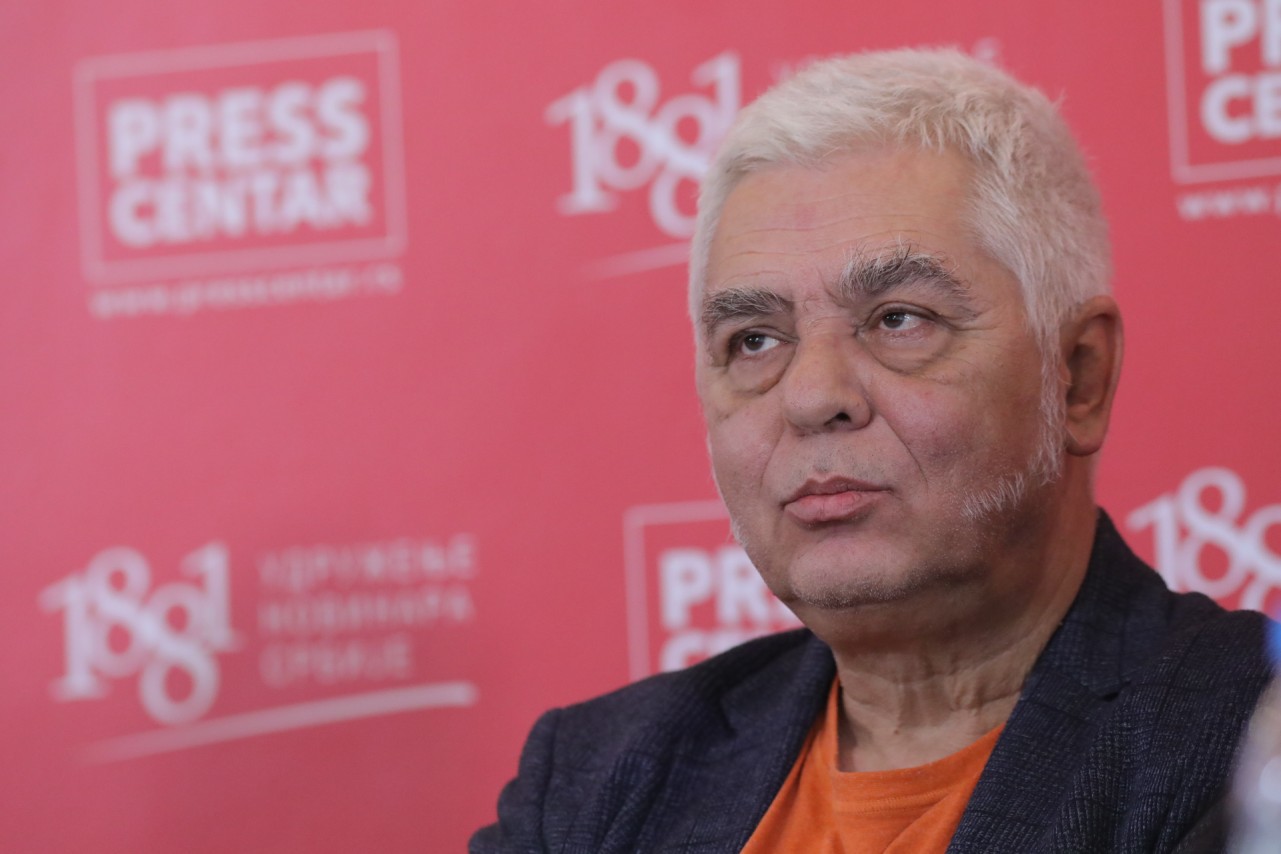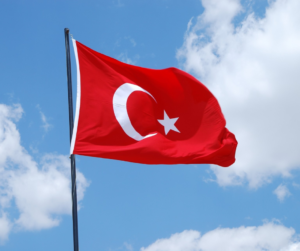Serbia’s Information and Telecommunications Minister Boris Bratina said, in response to reactions from the European Union (EU) regarding his statements, that Serbia is on the European path, and that he as a European citizen has the right to a critical opinion, which is, as he emphasized, the very essence of Europe.
Minister Bratina said on Wednesday that cross-border collaborations and media broadcasting cross-border programs in Serbia, among which are N1 and Nova, “should not exist in the airwaves within the country’s territory.”
“Cross-border collaborations are protected by various regulations, they are hidden in a way that legally, one cannot do anything about them. That is why we are seeking further changes to the law, because they should not exist in our airwaves,” Bratina told the pro-regime Pink TV.
All high level-officials must refrain from verbal attacks and threats against journalists, the European Commission (EC) told N1 in response to Minister Bratina’s statements that N1, Nova, and Radio Free Europe “should not exist on the airwaves within the country’s territory.”
“The position of the Commission is very clear: independent media are a public watchdog, holding those in power accountable. They are a key pillar of European democracy. Journalists should be able to work freely everywhere in the European Union – this lies at heart of media freedom,” a European Commission spokesperson said.
Commenting on the European Commission’s reaction, the minister told K1 TV that it is sometimes important to tell people what “everyone sees but finds hard to say,” and said that in his opinion “N1 and Nova S don’t do any informative work.”
“I didn’t mean to tell them I would ban them, or to threaten them, it depends on how one understands it, but what they do annoys many people. A television station with such low viewership imposing itself as the measure of things and journalism is almost comical,” Tanjug quoted Bratina as saying.
Speaking about Radio Free Europe (RFE), the minister said that since arriving in Serbia 35 years ago, that media outlet has promoted very anti-Serbian positions and broadcast, as he put it, everything that could be said about Slobodan Milosevic, both truth and lies, and that after Milosevic’s removal “all that remained was criticism of Serbia that continues uninterrupted.”
Bratina said these media outlets don’t produce news but rather deliver a certain image and narrative that is against the Serbian people and provokes a constant feeling of guilt.
“Malice can hardly be called reporting, not to mention actual journalistic lapses, failing to report on things – you could go to jail for spreading false news. I think journalists have divided themselves too much into different associations. We need to make a distinction and find a criterion for journalism that is higher than the minimal criterion that allows anyone to work, where anyone holding a microphone and talking to someone is a journalist,” Bratina said.
Source: N1




